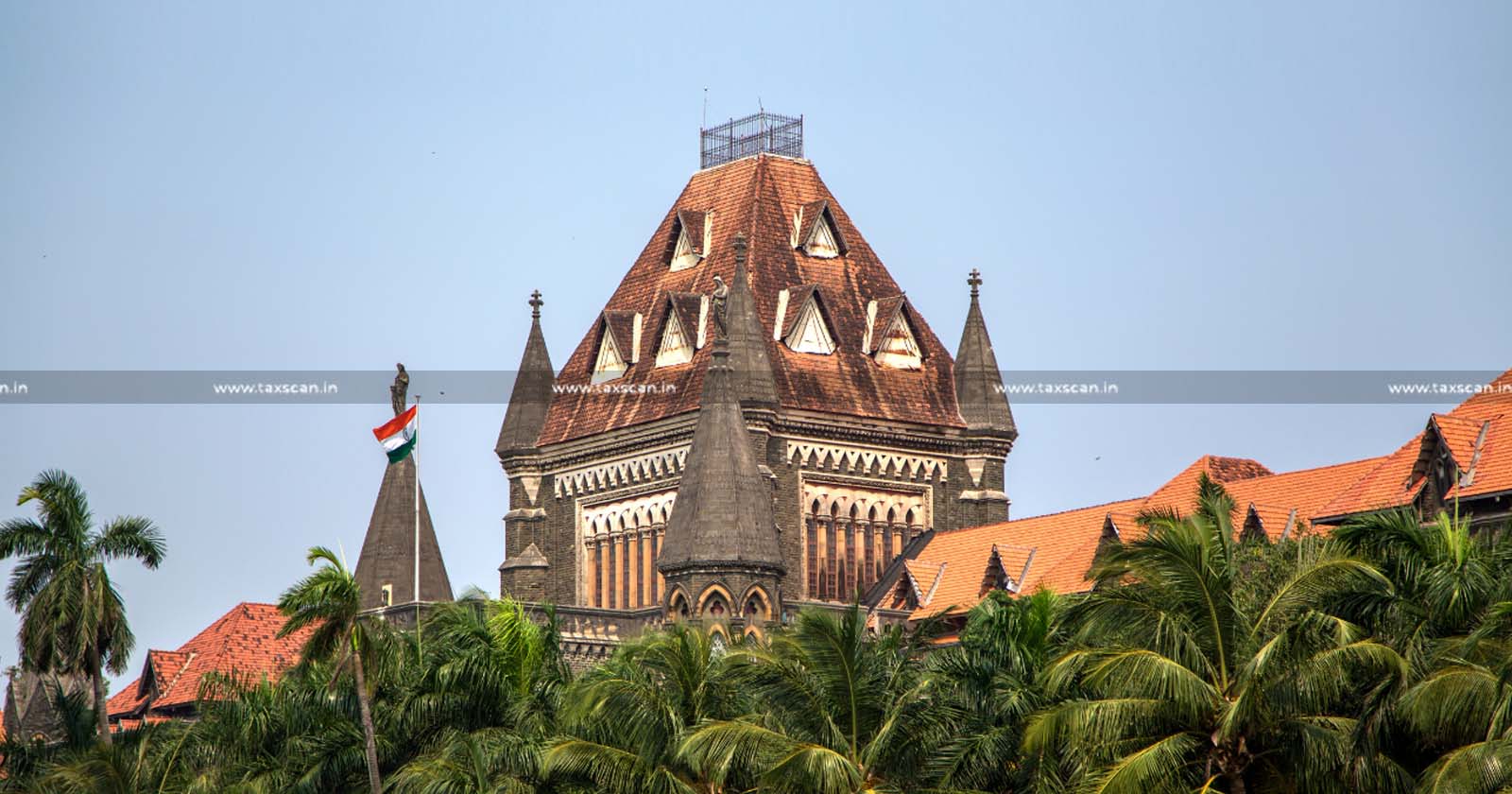Error on part of Auditor is Reasonable Cause for Delay in Claiming Exemption: Bombay HC Condones Delay [Read Order]
The Court held that the error on the part of auditor cannot be rejected but should be accepted as a reasonable cause shown by the trust management

Error – Auditor – Reasonable Cause – Bombay HC – Condones Delay – taxscan
Error – Auditor – Reasonable Cause – Bombay HC – Condones Delay – taxscan
The Bombay High Court viewed that the error on the part of the auditor is reasonable cause for delay in claiming exemption and condoned the delay. Since the delay has been condoned, Respondent shall process Petitioner’s returns in accordance with law by giving effect to the order on the basis that Form No.10B has been filed within time. The Court held that the error on the part of auditor cannot be rejected but should be accepted as a reasonable cause shown by the trust management.
Al Jamia Mohammediyah Education Society, the Petitioner is a charitable trust, which is registered under the Bombay Public Trusts Act, 1950 filed its return of income ( “ROI” ) for Assessment Year ( “AY” ) 2016-17 on 6th September 2016 declaring income at ‘Nil” and claiming a refund of Rs.70,710/-. Petitioner’s accounts were audited and the audit report for AY 2016-17 was also filed. Along with the ROI, Petitioner had to file Form No.10B, which Petitioner did not file. It was filed only on 15th February 2020, with a delay of about 1257 days.
Petitioner applied Section 119(2)(b) of the Income Tax Act, 1961 ( “the Act” ) for condoning the delay in filing the Form 10B. By an order dated 25th October 2023, the application for condonation of delay came to be rejected. It is this order, which is impugned in this Petition.
The Petitioner explained the cause for the delay on the Chartered Accountant/Auditor. According to Petitioner, when it sent Form No.10B to the Department for submission after filing the return, the Departmental staff refused to acknowledge the manual submission and Petitioner was told to file the same online. This explanation was rejected because the petitioner then should have immediately uploaded the Form 10B but waited till 15th February 2020.
Moreover, in view of non-filing of Form 10B, Petitioner’s returns were processed on 17th March 2018 under Section 143(1) of the Act and Petitioner filed a rectification application only on 24th January 2020, which was disposed on 18th June 2020. Admittedly, the Form 10B was filed only on 15th February 2020, i.e., after filing the rectification application. Respondent No.1 did not accept Petitioner’s explanation of ‘Oversight’ and ‘Inadvertent error’, etc. as ‘Sufficient Cause’ for condoning the delay. It is also observed in the impugned order that when Petitioner has been filing its returns and Form 10B for many years, Petitioner must be very well aware of the rules and regulations and, therefore, the delay cannot be condoned.
Petitioner is a charitable trust. Admittedly, Petitioner has been filing its returns and Form 10B for AY 2015-16, for AY 2017-18 to AY 2021-22 within the due dates. On this ground alone, in our view, delay condonation application should have been allowed because the failure to file returns for AY 2016-17 could be only due to human error. Even in the impugned order, there is no allegation of malafide.
Justice K R Shriram & Justice Dr Neela Gokhale Petitioner does not appear to have been lethargic or lacking in bonafides in making the claim beyond the period of limitation which should have relevance to the desirability and expedience for exercising such power. The Court found that such routine exercise of powers would neither be expedient nor desirable, since the entire machinery of tax calculation, processing of assessment and further recoveries or refunds would get thrown out of gear, if such powers were routinely exercised without considering its desirability and expedience to do so to avoid genuine hardship.
In a similar matter in Shree Jain Swetamber Murtipujak Tapagachha Sangh v. Commissioner of Income Tax (Exemptions) and Anr was also a case where the auditor had due to oversight not filed Form 10B. The Court held that the error on the part of auditor cannot be rejected but should be accepted as a reasonable cause shown by the trust management. In that case also, Petitioner did not suo moto realize its mistake and filed a condonation request only after Centralised Processing Centre ( “CPC” ) sent an intimation about non-filing of Form 10B.
Petitioner cannot be prejudiced on account of an ignorance or error committed by professional engaged by Petitioner. In our view, Respondent No.1 ought to have exercised the powers conferred.
Mr. Sham V. Walve, with Mr. Tanzil Padvekar and Ms. Tejal Kharkar, appeared for Petitioner. Mr. Dinesh Gulabani, with Mr. Prathmesh Bhosle appeared for Respondent Revenue.
To Read the full text of the Order CLICK HERE
Support our journalism by subscribing to Taxscan premium. Follow us on Telegram for quick updates


